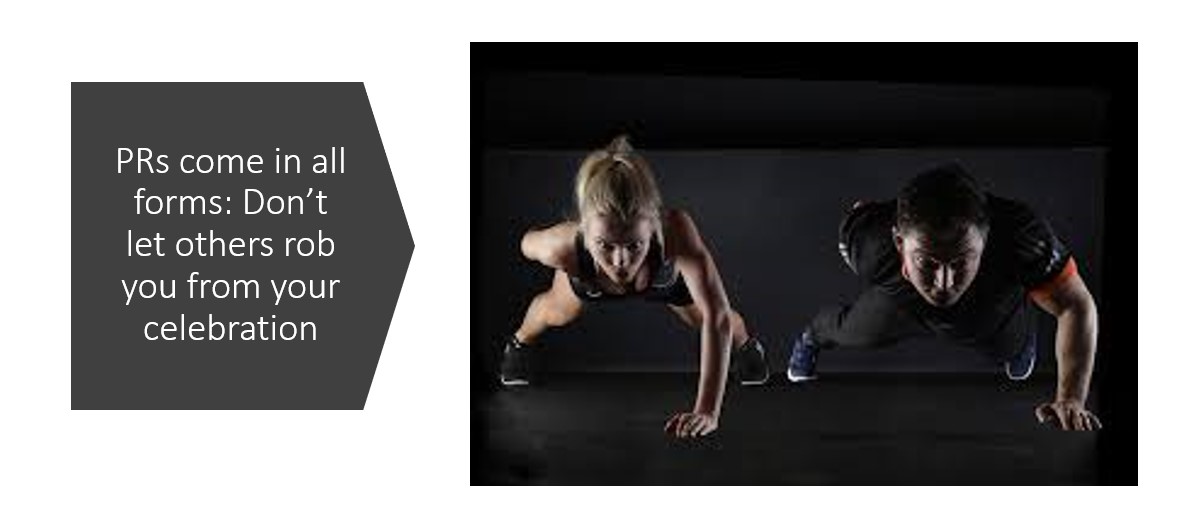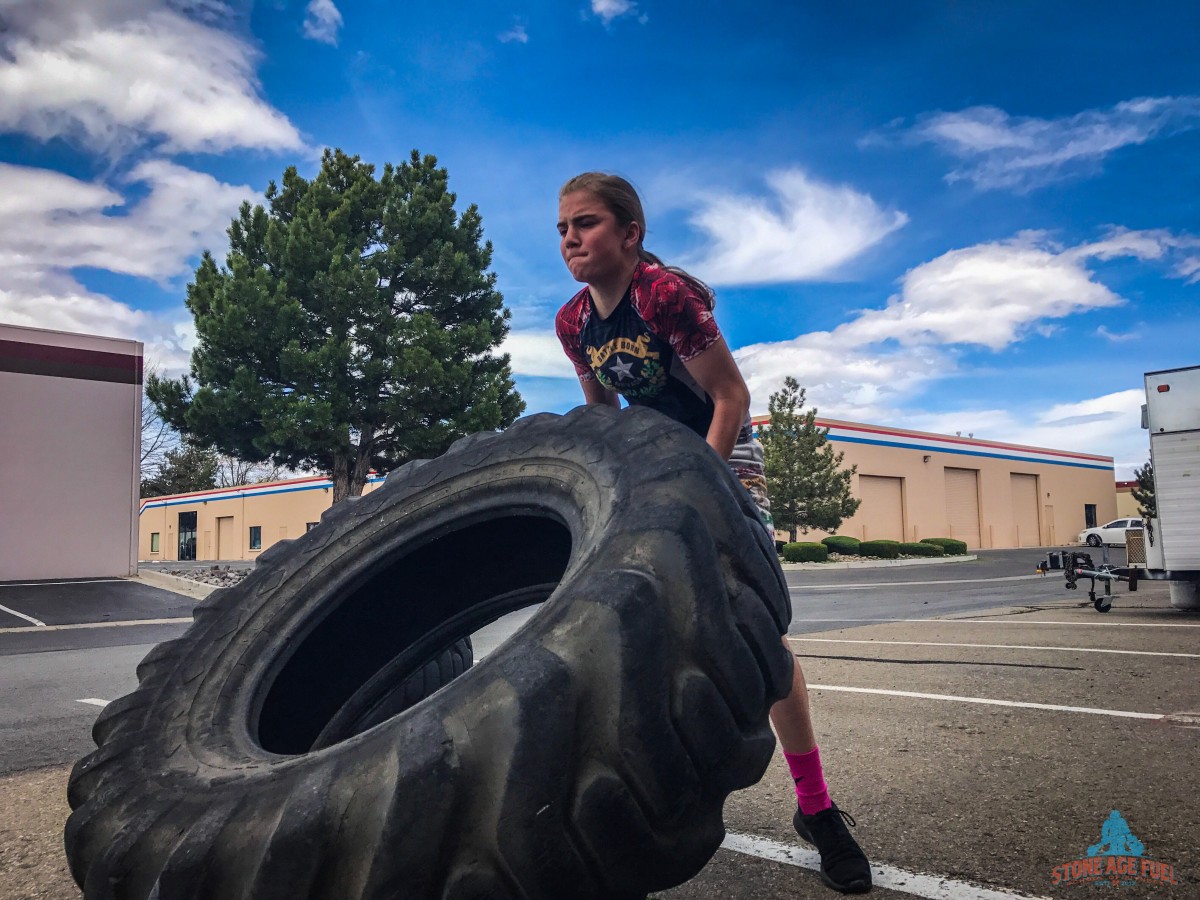PRs come in all forms: Don’t let others rob you from your celebration
Ever heard of social comparison theory?
It’s a term coined by a psychologist named Leon Festiner in the 1950s.
Basically, it says we compare ourselves to others in order to determine our self worth.
Never does this sound more relevant than when we look at the world today, where social media has become but a platform to show our value to others, and through their approval, to ourselves.
However, it’s more complicated than that, said Karen North, a professor of digital social media at the University of Southern California Annenberg. North explained that research shows that most people feel satisfied and confident if they perceive themselves to be better than two-thirds of what she referred to as their “relevant peer group.”
What’s a relevant peer group?
Well, let’s say you’re a High School athlete looking to get a college scholarship. You don’t compare yourself to the benchwarmers on your team who barely get to play, and you probably don’t directly compare yourself to the Olympic athletes in your sport. You compare yourself to other athletes looking to get an NCAA scholarship. And if you’re in the top third, you feel pretty good.
I see this all the time at the gym: People form rivalries—most of the time fun and healthy rivalries—with people at a similar level to them. You’re probably not online getting angry that you can’t finish a workout as fast as Mat Fraser or Tia-Clair Toomey, but dammit you are going to try to finish ahead of your gym rival.
Seems logical, and not necessarily a negative thing; however, there’s a problem. It’s a losing battle because, as North explained, once you conquer one person or group, so to speak, you set your sights on conquering a new group!
Bottom line: No matter how good you get, there will always be someone better than you.
Now I’m not telling you to stop comparing yourself to others, because that’s a natural part of being human. And I’m certainly all for healthy rivalries that push people to be better, faster, stronger. But what I am asking you all to do is to stop and take the time, let’s say once a month, to write down or reflect upon YOUR PERSONAL IMPROVEMENTS and PRs.
If you don’t, this might happen:
You finish a workout, where you lifted 10 lb. more than your best lift, or shaved two minutes off your previous time. The first thing you do is look at the leaderboard. You discover there are 10 people who finished faster than you that day.
You then feel discouraged and you assume the person who had the fastest time of the day must be feeling a great little ego boost. But what you don’t know is he went 30 seconds slower than his best time and is feeling down on himself because he didn’t improve. Perception certainly is everything!
The above is the perfect example of how comparison can kill joy. It’s natural to compare yourself, but if you’re forgetting to celebrate your wins along the way, no matter how small, you’re missing out on a lot of the fun.
Here are some tools for you to employ you to ensure you recognize your improvements:
Write down your scores, times and weights:
Step one: If you have no clue what your time was the first time you did a benchmark workout, then you have no way of knowing whether or not you have improved. Use an app, a notebook, or keep your numbers in your phone, but make sure you’re keeping track of your performance numbers somewhere.
Monthly and quarterly reviews:
Sit down and reflect, or meet with your coach each month, or at the very least each quarter, to make notes about any improvements and PRs you have made in recent weeks.
Recognize that PRs come in all forms:
Don’t just focus on your physical improvements. PRs can come in all forms. A PR can be that you showed up three times a week for six weeks straight and didn’t hit the snooze button once. Or that you haven’t had sugar in 30 days. Or that you’re finally able to put your arm overhead without pain in your shoulder.
Pictures don’t lie:
Many times I have worked with clients who haven’t realized how much their body composition has changed until they look at an old picture. If you’re on a quest to change your body composition, take pictures and look back every few months. Chances are you have changed more than you realize.
Embrace the plateau:
OK, this might be the toughest one to do mentally, but there will come a time where PRs do slow down. Even the best athletes in the world plateau. Take comfort in the fact that a plateau is part of the improvement process, too, and it’s usually the time when the biggest learning curve happens because it forces you to make small changes that can lead to big results.
Stay the course and enjoy the journey.







